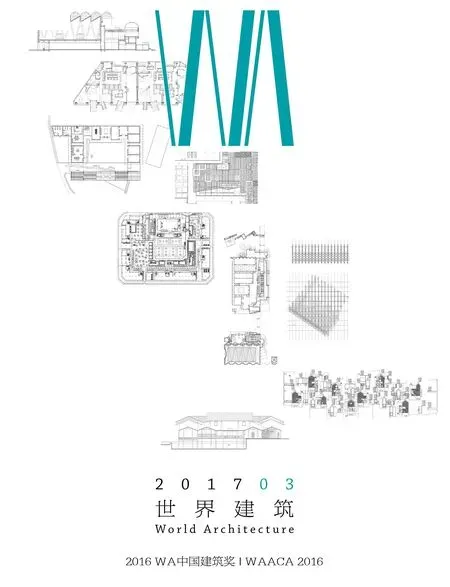菜园新村生态住宅,香港,中国
建筑设计:王维仁建筑设计研究室
菜园新村生态住宅,香港,中国
建筑设计:王维仁建筑设计研究室
菜园村是2010年香港高铁工程动迁居民抗争后迁村重建运动的结果。其规划建立在居民社区参与和生态建村的基础上,保存了原有地块内的大树鱼塘和两组龙眼树林,确立了规划上“车不入村”以及村内40%的土地作为集体公田与公共使用的共识。建筑的设计则模拟传统民居“原型加调整”的思考过程,以三开间、天井和院落的围合概念发展出ABC 3种基本原型,设计出一套参与的机制和过程,依居民的选择和调整逐渐形成47个户型,完成施工图面。□
The project consists of a set of detailed designs for a low cost eco-village and its buildings, demonstrating sustainable design concepts including conservation of fishpond and orchard, allocation of commune land for organic farming, arrangement for a vehicular-free pedestrian system, as well as development of public spaces and infrastructures with rain water collection and waste water recycling.□


1 全区鸟瞰/Aerial view2.3 外景/Exterior views
项目信息/Credits and Data
客户/Client: 香港菜园村/Choi Yuen Village
地点/Location: 香港锦田/Kam Tin, Hong Kong
主创建筑师/Principal Architect: 王维仁/WANG Weijen
设计团队/Project Team: 谢菁,谭咏雯,谢民富/XIE Jing,
TAN Yongwen, XIE Minfu
建筑面积/Floor Area: 4060m2
设计时间/Design Period: 2010-2011
建成时间/Completion Time: 2015
Choi Yuen Eco-village Redevelopment, Hong Kong, China, 2015
Architects: Wang Weijen Architecture

